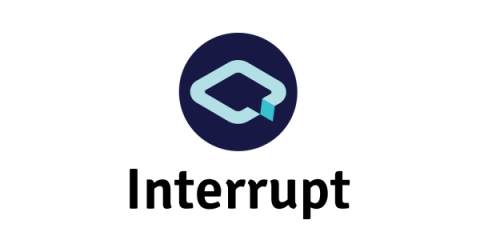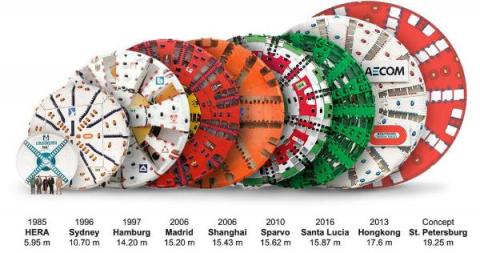Operations | Monitoring | ITSM | DevOps | Cloud
IoT
What is Ubuntu Core 22?
Canonical Ubuntu Core 22 is now available - optimised for IoT and embedded devices
15 June 2022: Canonical today announced that Ubuntu Core 22, the fully containerised Ubuntu 22.04 LTS variant optimised for IoT and edge devices, is now generally available for download from ubuntu.com/download/iot. Combined with Canonical’s technology offer, this release brings Ubuntu’s comprehensive and industry-leading operating system (OS) and services to a complete range of embedded and IoT devices.
What you're missing out if you don't try Ubuntu Core 22
Ubuntu Core, the Ubuntu flavour optimised for IoT and edge devices, has a new version available. With a 2-year release cadence, every new release is both an exciting and challenging milestone. Ubuntu Core is based on Ubuntu. It is open source, long-term supported (LTS), binary compatible and offers a unified developer experience. It allows developers and makers to build composable and software-defined appliances built from immutable snap container images.
Master IoT software updates with validation sets on Ubuntu Core 22
If you are packaging your IoT applications as snaps or containers, you are aware of the benefits of bundling an application with its dependencies. Publishing snaps across different operating system versions and even distributions is much easier than maintaining package dependencies. Automated IoT software updates make managing fleets of devices more efficient.
InfluxData Announces InfluxDB Edge Data Replication
SAN FRANCISCO, June 15, 2022 – InfluxData, creator of the leading time series platform InfluxDB, today announced Edge Data Replication, a new capability for centralized business insights in widely distributed environments. Edge Data Replication enables developers to collect, store and analyze high-precision time series data in InfluxDB at the edge, while replicating all or subsets of this data into InfluxDB Cloud.
Announcing InfluxDB Edge Data Replication: Combining the Power of the Cloud with the Precision of the Edge
There are technical and business reasons to have a time series data presence both at the edge and in the cloud – InfluxDB has always played a key role in both contexts. Today, we’re announcing Edge Data Replication, a new feature that combines these two deployment strategies. With this announcement, InfluxData begins a greater initiative to accommodate both edge and cloud data workloads in one unified solution.
Defining the Edge for IoT with InfluxDB
Building an On-Device Embedded Testing Library
There are too few C/C++ testing libraries designed for embedded devices. The traditional libraries are not designed for constrained resources and rely on host functionality like a filesystem or standard output. In this post, I detail why I’ve decided to design a new testing library for microcontrollers and cover the rationale, design choices, and thoughts on the prototype. Like Interrupt? Subscribe to get our latest posts straight to your mailbox.
Herrenknecht AG Powers IIoT Platform and Edge Data Collection for Tunnel Boring Machines with InfluxDB
Herrenknecht AG is a technology leader in mechanized tunneling systems. Engineers at Herrenknecht set out to build an industrial internet of things (IIoT) platform that provided insight into live and historic data for all their tunnel boring machines (TBMs). These machines have thousands of sensors generating high velocity data, sometimes in remote areas with limited connectivity.











